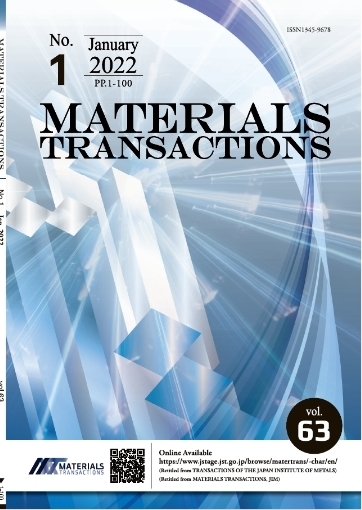In this study, the effect of nickel powder addition to cold sprayed CoNiCrAlY coatings was investigated. In order to reduce production cost of cold spray and improve the deposition efficiency of CoNiCrAlY coatings, pure nickel (Ni) powder was added to the CoNiCrAlY and the resulting powder was cold sprayed using nitrogen (N2) as the working gas. Deposition efficiency was increased as compared with a CoNiCrAlY coating without Ni under the same spray conditions. The microstructural characterization and phase analysis of the feedstock powders and the as-sprayed coatings were carried out by scanning electron microscope (SEM) and energy-dispersive X-ray spectroscopy (EDX). In the SEM images, the particle boundaries between Ni and CoNiCrAlY in the as-sprayed coating were clearly observed. Also, a significant amount of the CoNiCrAlY powder was encapsulated in the coating. To confirm the oxidation behavior of CoNiCrAlY with the Ni coating, heat treatment was carried out at 1000°C in ambient air. After heating, most of the boundaries between Ni and CoNiCrAlY disappeared and many pores were generally observed in the coating by interdiffusion of the powders. Over time, most of these pores disappeared by interdiffusion; thus, the number of pores decreased and the hardness of the coatings increased. In the EDX analysis of the coatings, movement of elements was definitely confirmed. Furthermore, the elements of thermally grown oxide (TGO) were analyzed to confirm the effect of CoNiCrAlY with Ni coatings, and a large quantity of NiO was observed on the coating layer. Because NiO can lead to faster delamination of thermal barrier coatings (TBCs), pretreatment in low oxygen partial pressure was carried out to prevent the formation of excess NiO. This pretreatment successfully prevented the growth of NiO TGO.










